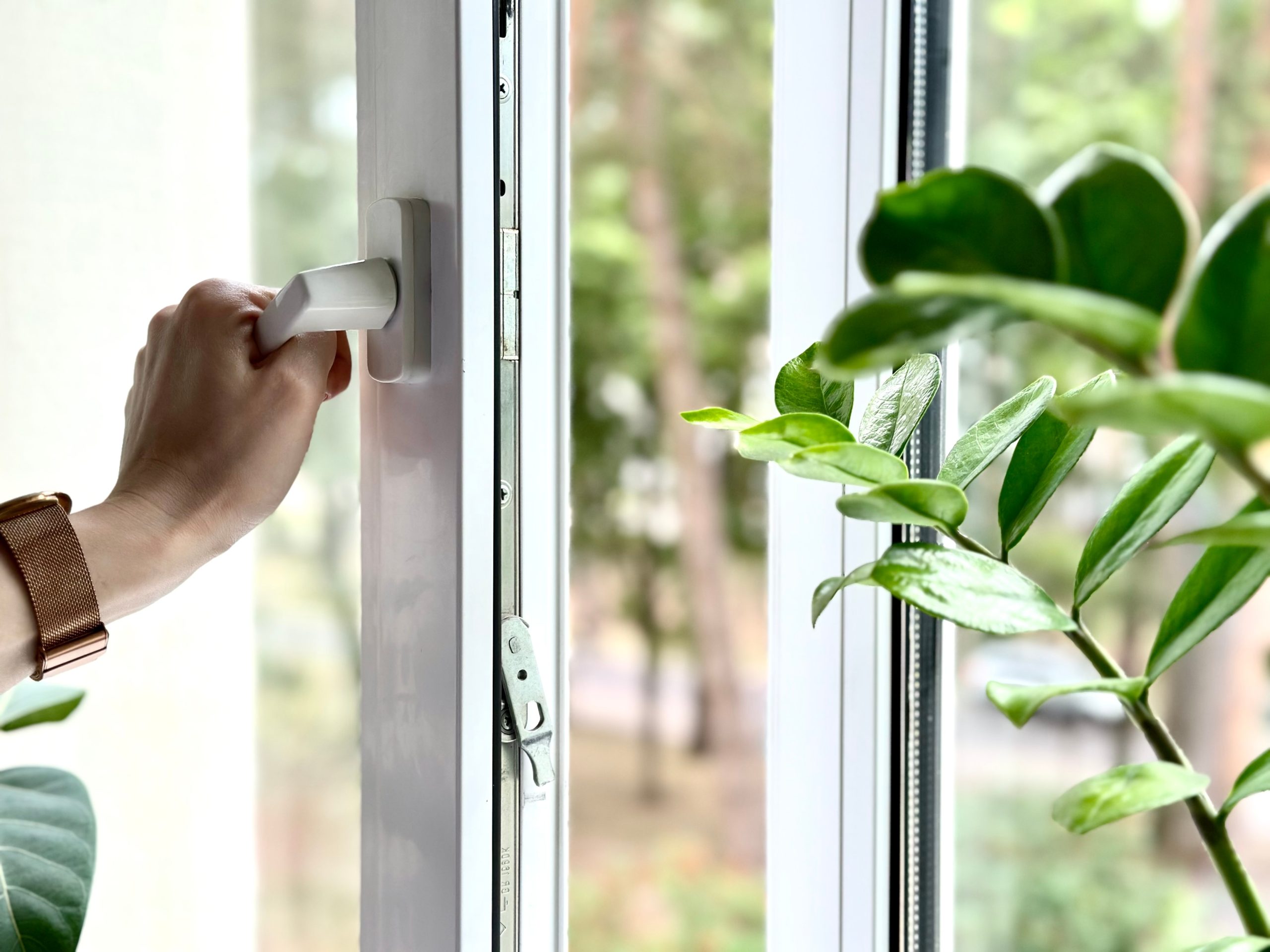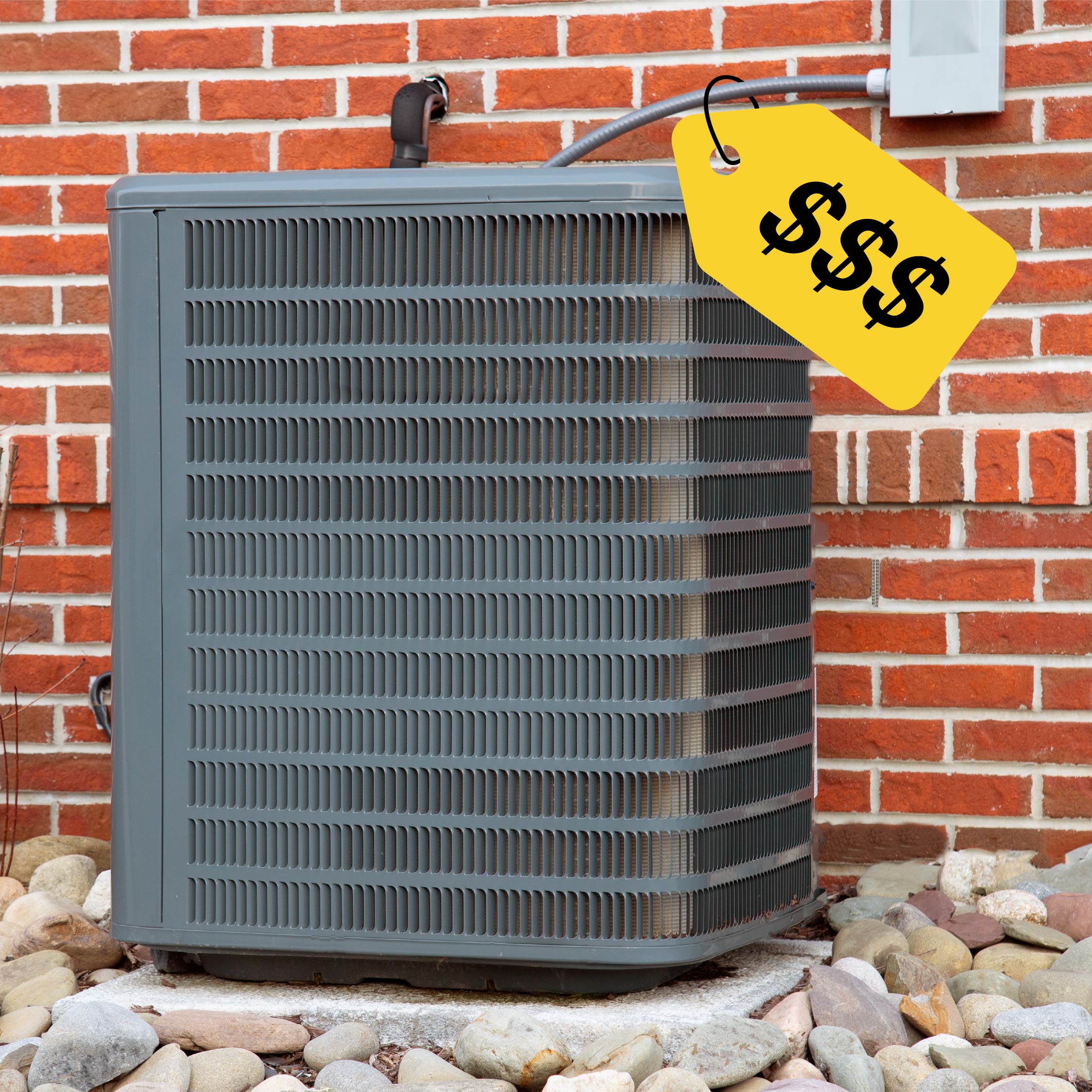How Extreme Heat Affects Air Quality Inside Your Home
Phew! That heatwave is intense, right? We all crank up the AC and retreat indoors, thinking we’re escaping the worst of it. But here’s a little secret (and maybe a bit of a bummer): that extreme heat outside can actually have some surprising effects on the air quality inside your home. Think about it – your house isn’t a completely sealed bubble. The outside world can still find ways to influence what’s going on inside. So, let’s pull back the curtain on six less obvious ways that sweltering temperatures can impact the very air you’re breathing indoors.
1. High Humidity
When the temperature soars, so often does the humidity. And while your AC works to cool things down, it can sometimes struggle to keep the indoor humidity levels in check, especially during prolonged periods of extreme heat. Unfortunately, high humidity can create a breeding ground for all sorts of unwelcome guests (like mold, mildew, dust mites, and more). Not only can this be uncomfortable, but it can actually be bad for your health – causing asthma flare-ups, and triggering respiratory issues and allergies.
2. Heat Boosts VOC Release Indoors
Think about that new furniture, those cleaning supplies under the sink, or even the paint on your walls. Many of these everyday items release volatile organic compounds (VOCs) – gases that can be harmful to your health in high concentrations. So, what is the connection between heat and VOCs, you ask? Extreme temperatures can actually accelerate the rate at which these materials release VOCs into your indoor air. So, on a scorching day, you might be breathing in higher levels of these chemicals without even realizing it.
3. Sealed Homes Trap Outdoor Pollution
When it’s brutally hot, we tend to keep our windows and doors tightly shut to keep the cool air in. While this is smart for energy efficiency, it can also trap outdoor pollutants that might have snuck in. Things like pollen, smog, and even wildfire smoke (if you’re in an affected area) can get indoors and then linger because there’s no natural ventilation. This can lead to a buildup of these irritants, affecting your respiratory health.
Pro tip: Check your local air quality reports. If it’s a bad air day outside, keeping windows closed is the right call. Consider using an air purifier to help filter out any trapped pollutants indoors.
4. Stressed AC Can Worsen Air
Your air conditioner is your best friend during a heatwave, but extreme temperatures can put a real strain on the system. If your AC isn’t properly maintained, it can actually contribute to poor indoor air quality. How? There is one main culprit: a dirty air filter. This can become even more problematic in extreme heat, circulating dust and allergens. Additionally, a struggling AC unit might not be dehumidifying the air effectively, leading back to our humidity issue. In some cases, a malfunctioning unit could even release unusual odors or particles into the air.
5. Increased Door Openings
Think about how many times you and your family might be going in and out of the house during a heatwave – maybe for a quick dip in the pool, to water the garden in the cooler parts of the day, or just running errands. Unfortunately, this has consequences for your indoor air. Each time a door opens, you’re potentially letting in more of that hot, humid outdoor air, along with any pollutants or allergens it’s carrying. This constant exchange can make it harder for your AC to maintain consistent temperature and humidity levels indoors, indirectly impacting air quality.
Pro Tip: Limit door openings during the hottest part of the day. If you need to go in and out, try to do it quickly. Consider using door sweeps to help minimize air exchange.
6. Fans Can Stir Up Indoor Dust
Okay, this one might seem a little less direct, but think about it. When it’s super hot, you might be relying more on fans to supplement your AC or in rooms where the AC doesn’t reach as well. While fans help with airflow and can make you feel cooler, they don’t actually filter the air. In fact, they can sometimes stir up dust and other particles that have settled on surfaces, putting them back into circulation for you to breathe.
Pro Tip: Talk to Advance Mechanical about the addition of an electrostatic filter.
So, What Can You Do to Combat This Indoor Air Quality Challenge?
Don’t panic! While extreme heat can impact your indoor air, there are definitely things you can do to lessen these effects:
- Regularly change your AC filter: Especially during periods of heavy use.
- Invest in a good quality air purifier: This can help filter out pollutants, allergens, and even some VOCs.
- Maintain a comfortable humidity level: Consider a dehumidifier if your AC is struggling.
- Ventilate strategically: When the temperature is slightly cooler (like early morning or late evening), open windows to get some fresh air circulating (if outdoor air quality is good).
- Clean regularly: Dusting and vacuuming can help remove settled particles.
- Consider professional AC maintenance: A well-maintained system will run more efficiently and be less likely to contribute to air quality issues.
Contact Advance Mechanical for Indoor Air Quality Solutions You Can Count On in Pitt, Beaufort, and Lenoir Counties
Staying cool during extreme heat is crucial for your health, but don’t forget about the air you’re breathing indoors. Just like flu season reminds us to stock up on hand sanitizer and vitamin C, it’s equally important to take steps to improve your indoor air quality in North Carolina for year-round health and comfort. By being aware of these potential impacts and taking a few proactive steps, you can ensure your home is a comfortable and healthy sanctuary, no matter how hot it gets outside. And here at Advance Mechanical, we offer parts of North Carolina expert indoor air quality solutions. Our services include indoor air quality packages, duct cleaning, filters, and a variety of air quality products. Contact us today!



 (252) 355-9191
(252) 355-9191
